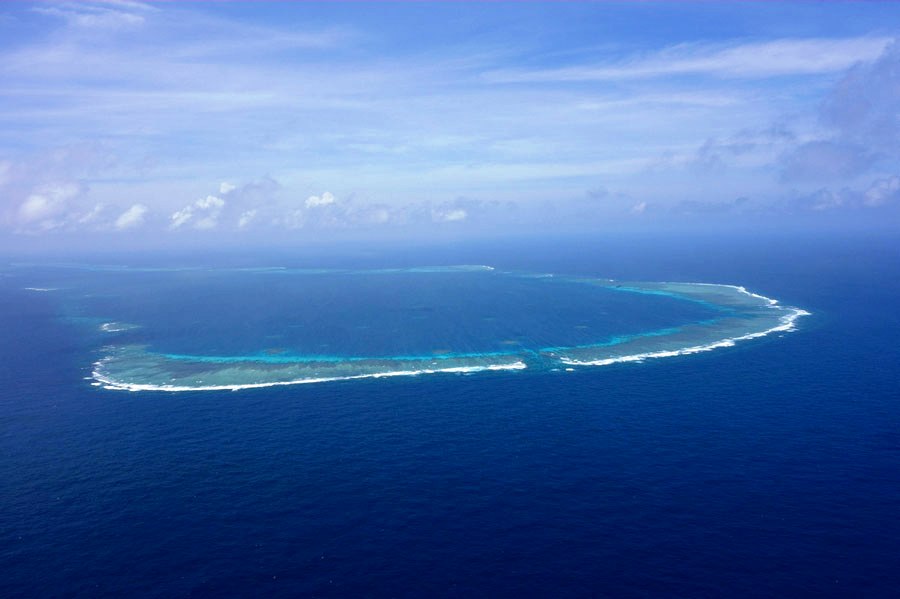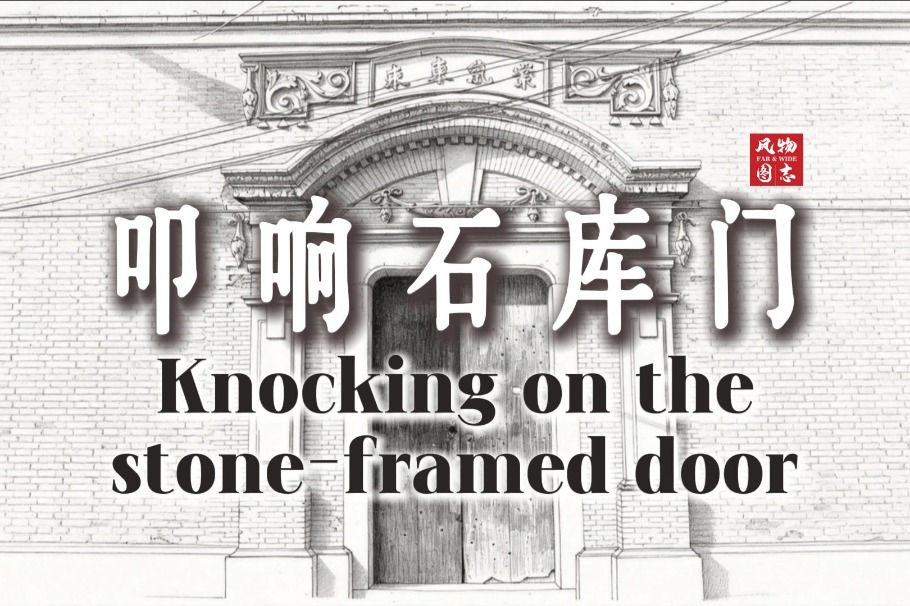Manila should be wary of being caught in trap: China Daily editorial


The Fumio Kishida government has made no effort to conceal the fact that by providing the Philippines with 12 advanced coastguard vessels it is exploiting the maritime disputes between the Philippines and China to push Manila to the forefront in the South China Sea to counter China.
The shameless move, announced by the Japanese embassy in the Philippines on Tuesday, came three days after China Coast Guard vessels used water cannons to drive away Philippine vessels trying to send construction materials to reinforce the BRP Sierra Madre that Manila intentionally grounded on the Ren'ai Reef of China's Nansha Islands on May 9, 1999.
The grounding of the vessel, which has subsequently been inhabited by a small deployment of rotated troops, was notably carried out two days after China's embassy in Belgrade, Yugoslavia, was bombed by the US Air Force. By taking advantage of the contretemps over that, Manila tried through the grounding to make it a fait accompli that Ren'ai Reef and its surrounding waters were controlled by, and thus belong to, the Philippines. But that is just wishful thinking, no matter how much Manila is spurred on by Washington and Tokyo to think that way.
Beijing has never ceased urging Manila to tug the ship away from the Chinese reef and waters over the past 24 years. And despite the brazen infringement upon its sovereignty and territorial integrity, and the lowness of the means by which it is being carried out, China has always exercised restraint, kept its composure and borne the bigger picture in mind on the matter. It has tried to not let the farce affect the overall development of the Sino-Philippine relations, as it is well aware who is behind it.
The Philippine people too know which countries are using them as tactical hostages, single-use proxies and expendable pawns, and which country treats them as close neighbors and friends. In a small demonstration of this, Beijing has always allowed basic supplies to be delivered to those occupying the vessel in the spirit of humanitarianism.
But China's bottom line regarding the grounded ship is unequivocally clear. It will not allow the Philippines to shore up the already dilapidated ship, which came into service in 1944 in the US Navy, into a permanent foothold, so that the burlesque does not drag on and on. Washington and Tokyo, however, want to prolong it, viewing it as a long-term wedge that can be driven deeper between Beijing and Manila.
Washington and Tokyo are acting in haste, using the incident on Friday as an excuse to take hammers to the wedge. Manila, however, has vowed to strengthen communication with Beijing over the incident. That is a telling sign that Manila is wary of being used as a tool by the two allies.


































